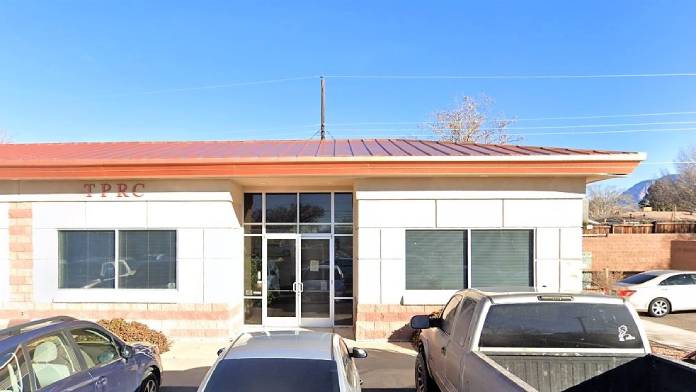Oh my! Where do I begin?- Meeting Jeremy C. upon arriving at Turning Point has been such a blessing. Immediately me, my daughter and my son had a "connection" with this fine gentlemen. He gave us hope, never judged my son, and talked "straight" from the get go. We are ...
About Turning Point Recovery Center
Turning Point Recovery Center is a private treatment facility in Albuquerque, New Mexico. Established in 2010, they provide a range of addiction and mental health services to assist adults. You can access a full continuum of care to start your journey.
They accept most major insurance plans, including private insurers and Medicaid. Self pay options are available for you if you don’t have insurance.
Their proximity to Arroyo del Oso Park offers some gorgeous outdoor walking trails and spaces for exercise or reflection. For more outdoor enjoyment, they’re just a short drive to Sandia Foothills Open Space areas, which provide scenic views and hiking trails.
Prioritizing Wellness in Recovery
What stands out most to me is their wellness center. You can access a personalized wellness plan that encourages holistic healing. Yoga, meditation, relaxation saunas, fitness trainers and more are available. You’ll benefit from a safe space to improve your overall quality of life while working toward recovery.
Medication Management in Albuquerque, New Mexico
Their medication management services also caught my eye. They offer detox and medication assisted treatment (MAT).
This comprehensive approach treats opioid and alcohol use disorders by combining FDA approved medications with counseling services. You’ll benefit from a holistic treatment approach that decreases cravings and withdrawal symptoms. This can aid in relapse prevention and support your lasting recovery.
Gender Specific Accommodations for Your Comfort
Another great feature I noticed was their gender specific approach. They provide men’s and women’s residential treatment centers in quiet and safe neighborhoods. You’ll live and connect with peers who are on similar journeys. You’ll also have ongoing access to a house manager who will be happy to help you at any time.
Facility Overview
Latest Reviews
Rehab Score
Gallery
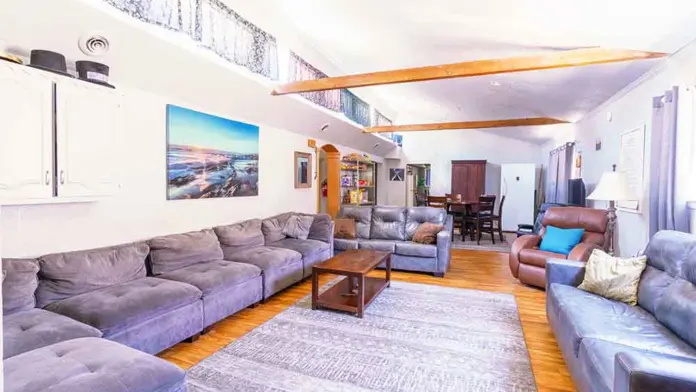
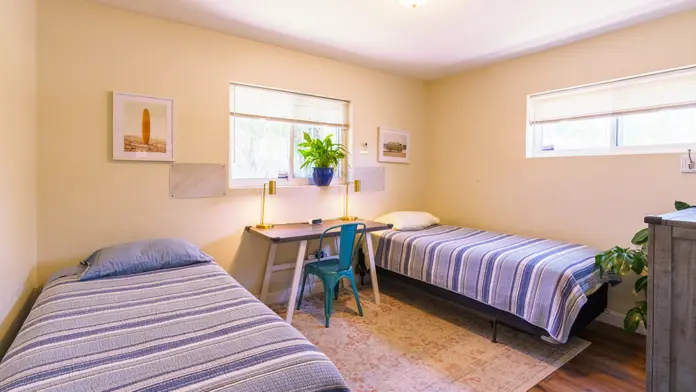
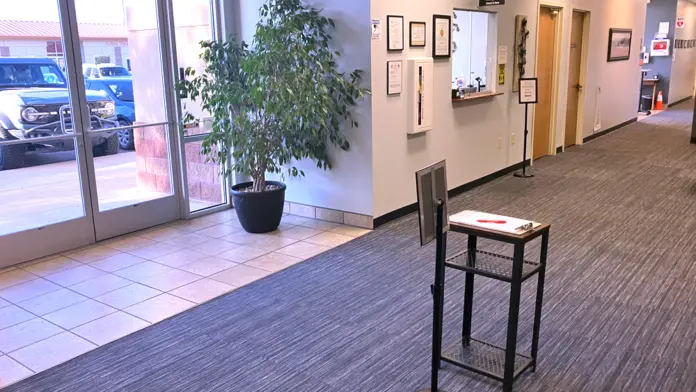
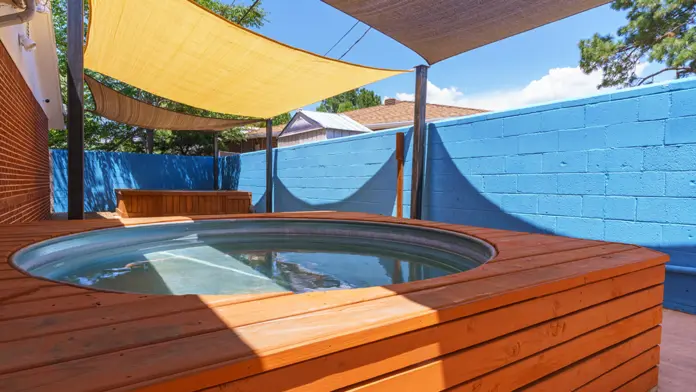
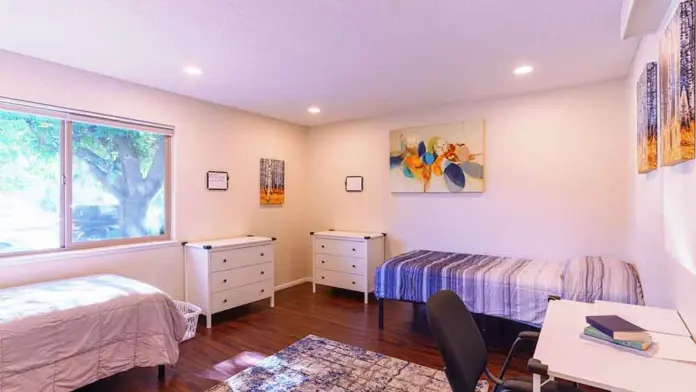

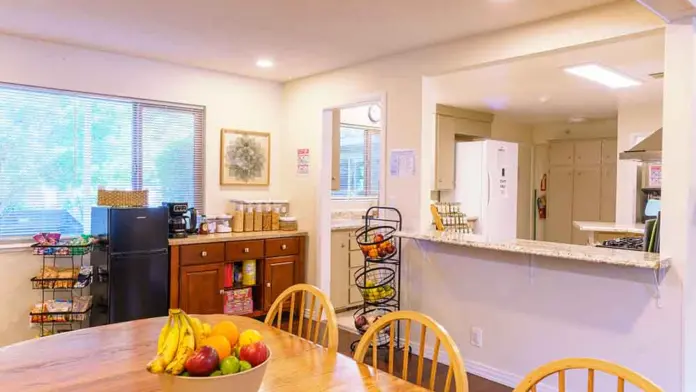
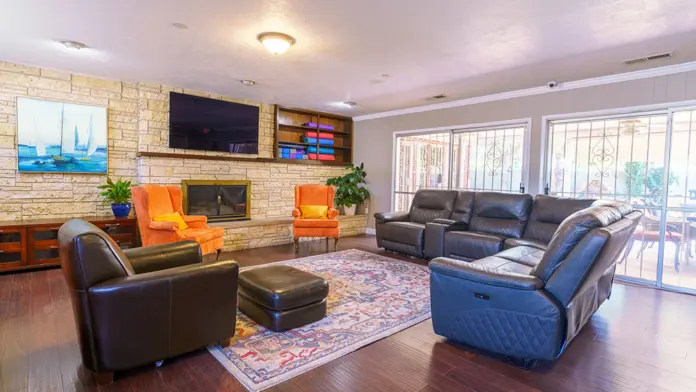
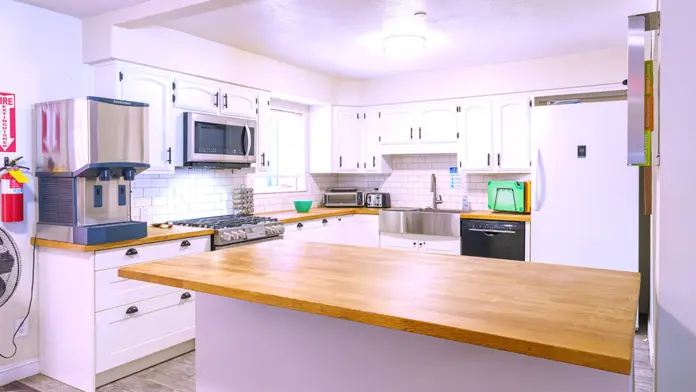
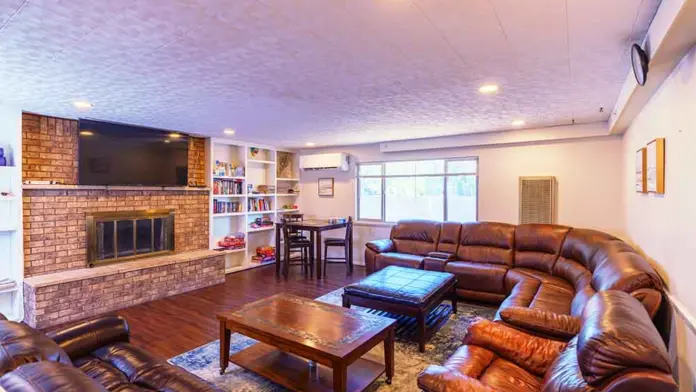
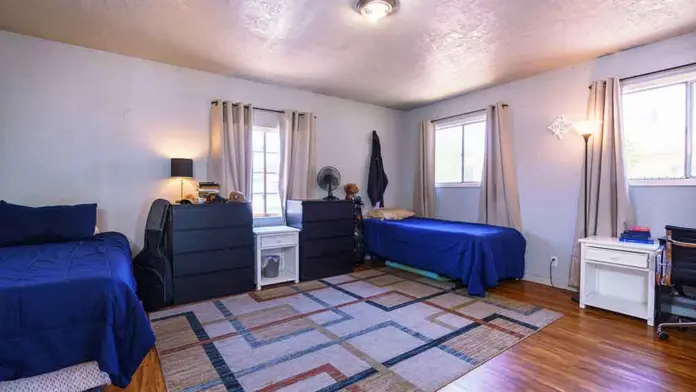
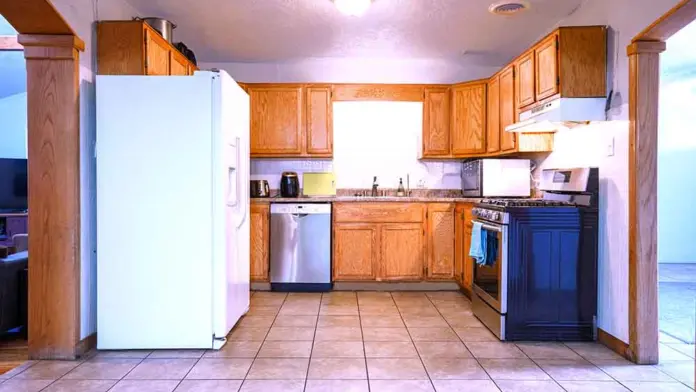
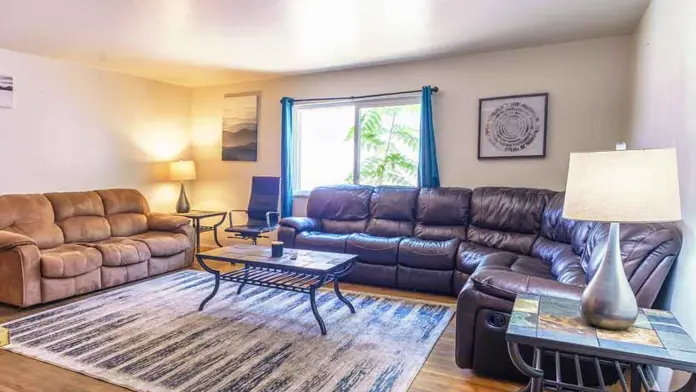
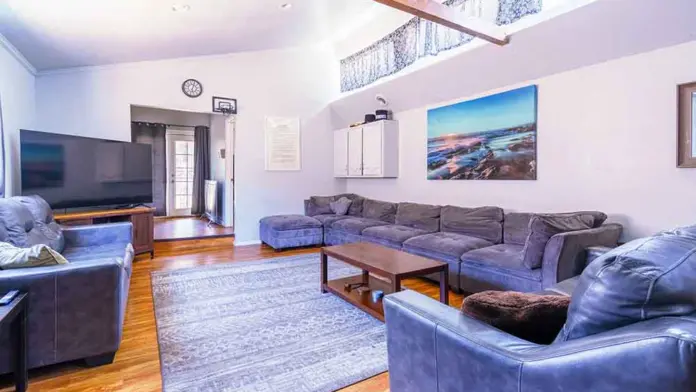
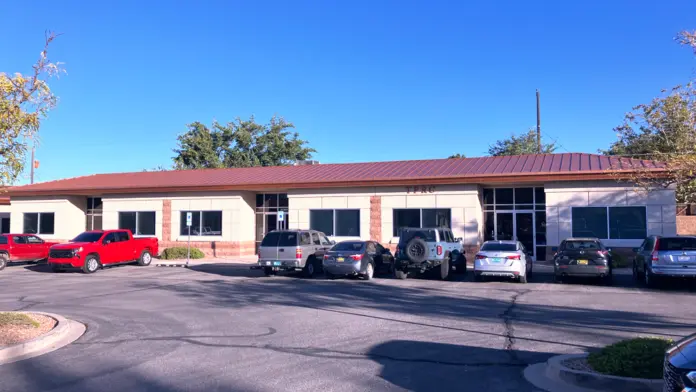

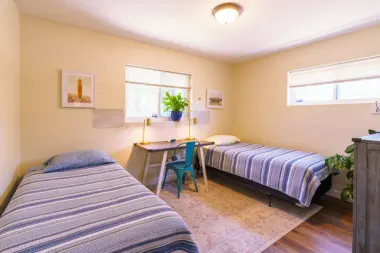
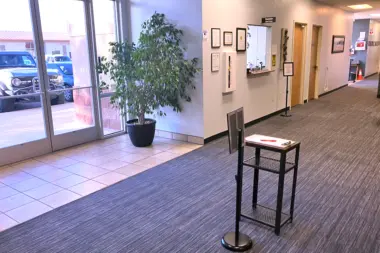
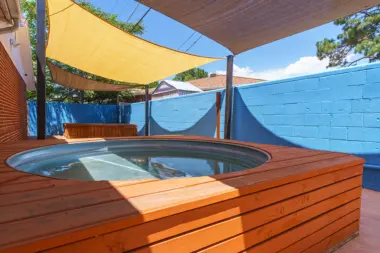
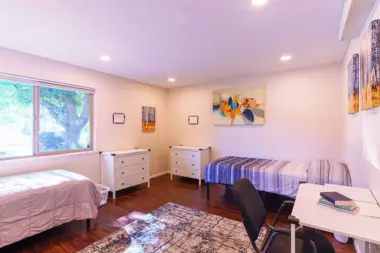



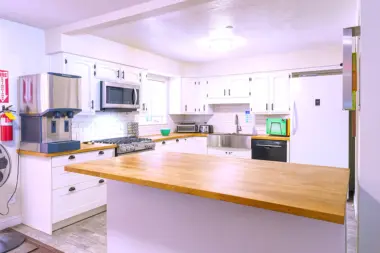
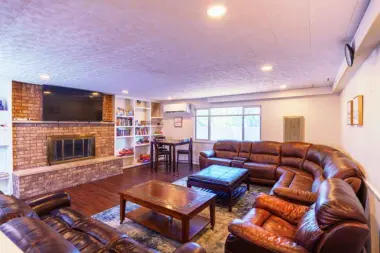
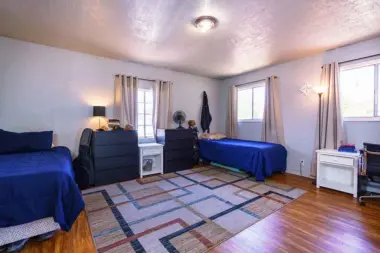
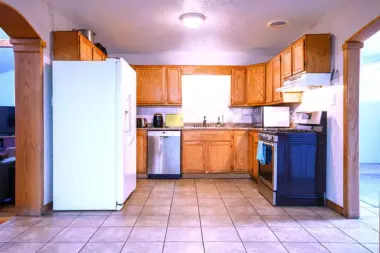
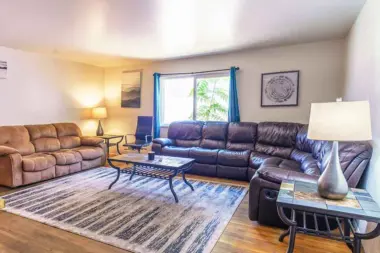
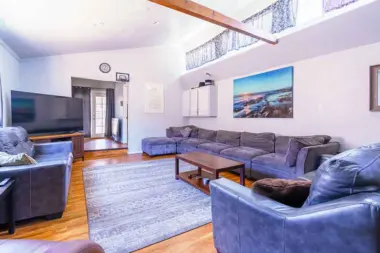
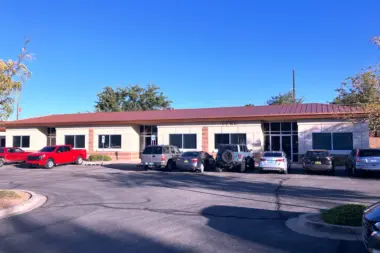
Accepted Insurance
Other Forms of Payment
Medicaid is a state based program that helps lower-income individuals and families pay for healthcare. Medicaid covers addiction treatment so those enrolled can use their coverage to pay for rehab. When a program accepts Medicaid the client often pays very little or nothing out of their own pocket.
Military members, veterans, and eligible dependents have access to specific insurance programs that help them get the care they need. TRICARE and VA insurance can help you access low cost or no cost addiction and mental health treatment. Programs that accept military insurance often have targeted treatment focused on the unique challenges military members, veterans, and their families face.
Private insurance refers to any kind of healthcare coverage that isn't from the state or federal government. This includes individual and family plans offered by an employer or purchased from the Insurance Marketplace. Every plan will have different requirements and out of pocket costs so be sure to get the full details before you start treatment.
Self-pay involves paying for treatment out of your own pocket. You can use savings or credit, get a personal loan, or receive help from family and friends to fund your treatment. If you don't have insurance or your insurance plan doesn't cover a specific program, self-pay can help ensure you still get the care you need.
Financing your treatment can make treatment more accessible. You'll work with your care provider to set up payment plans, including interest rates and repayment timelines. Financing options vary widely and not all programs offer them, so be sure to get the full details before enrolling in treatment. If you have insurance or other benefits, financing may help you cover your remaining out of pocket expenses.
Addiction Treatments
Levels of Care
Inpatient rehabs are often clients' first stage of treatment following detox, and many, but not all, provide medically supervised detox services in the same inpatient facility. Clients in inpatient treatment receive intensive clinical support and supervision. They reside at the treatment center for the duration of the program and typically engage in multiple addiction counseling sessions and/or recovery-focused life skills courses each day. Many treatment centers also offer evidence-based complementary therapies, such as yoga and meditation.
Their IOP is the best in the business. After alcohol and drugs are safely out of the body, the client enters an intensive, supportive, recovery program to avoid relapse and ensure stability. IOP combines group therapy, individual therapy, community meetings, peer support, and accountability. It’s a proven method of recovery.
12-step programs are addiction recovery models based on Alcoholics Anonymous (AA). A number of substance abuse programs (including some drug and alcohol rehab centers) use the 12 steps as a basis for treatment. Beginning steps involve admitting powerlessness over the addiction and creating a spiritual basis for recovery. Middle steps including making direct amends to those who've been hurt by the addiction, and the final step is to assist others in addiction recovery in the same way. 12-Step offshoots including Narcotics Anonymous (NA), Cocaine Anonymous (CA), Dual Recovery Anonymous (DRA), Sex and Love Addicts Anonymous (SLAA) and Gamblers Anonymous (GA).
Clients in need of around the clock, full service, medically supervised detox can stay in their residential house located in the Northeast section of Albuquerque. Unlike huge detox facilities with dozens of beds and a one-size-fits-all approach, their detox house accommodates a maximum of 5 residents at any time. And rather than a sterile, hospital-type setting, their house sits in a residential neighborhood with all the amenities of home. Many clients need medically supervised detox services, but are unwilling or unable to enter into residential care, perhaps due to work or family obligations. Turning Point offers these clients the option of the proper medications and regular medical oversight to safely withdraw from alcohol or drugs while remaining at home.
Rehab aftercare programs promote clients' long-term recovery by providing a robust continuum of care aligned with clients' evolving needs. Because addiction is a chronic disease prone to relapse, rehab aftercare services are highly client-focused and uniquely responsive to clients' changing medical, mental health, and social circumstances. Case managers and care teams collaborate with clients, assess their goals and needs, and provide access to recovery-focused resources, such as peer coaching, employment assistance, and relapse prevention services.
Sober living homes in New Mexico is a peer-managed residence designed for individuals who want to maintain sobriety. To achieve this goal, the setting offers recovery groups, household participation, and required sobriety. Residents rent a room and share living space with others in recovery. Individuals can live in the men's or women's sober living home indefinitely, if they continue to live in accordance with the house rules. Most stay at least six months.
Telehealth can provide multiple benefits for you as a patient. It offers increased access, convenience of care, and decreased costs. Due to these benefits, telehealth options are increasing and becoming more and more commonplace in New Mexico.
Treatments
The goal of treatment for alcoholism is abstinence. Those with poor social support, poor motivation, or psychiatric disorders tend to relapse within a few years of treatment. For these people, success is measured by longer periods of abstinence, reduced use of alcohol, better health, and improved social functioning. Recovery and Maintenance are usually based on 12 step programs and AA meetings.
Each drug rehab in New Mexico offers unique amenities and treatment methods. Common aspects of treatment include group and individual counseling, recreational therapy, medication management, and healthy living. Aftercare is often provided to prevent relapse.
Opioid rehabs specialize in supporting those recovering from opioid addiction. They treat those suffering from addiction to illegal opioids like heroin, as well as prescription drugs like oxycodone. These centers typically combine both physical as well as mental and emotional support to help stop addiction. Physical support often includes medical detox and subsequent medical support (including medication), and mental support includes in-depth therapy to address the underlying causes of addiction.
Substance rehabs focus on helping individuals recover from substance abuse, including alcohol and drug addiction (both illegal and prescription drugs). They often include the opportunity to engage in both individual as well as group therapy.
In New Mexico, specialized dual-diagnosis addiction treatment programs prioritize comprehensive care for individuals with co-occurring substance use disorders and mental health conditions. These programs offer outpatient, inpatient, and partial hospitalization options. Evidence-based therapies, like cognitive behavioral therapy and medication-assisted treatment, in combination with skills training and recovery support groups, provide a comprehensive and holistic approach to address both disorders simultaneously. By addressing co-occurring disorders simultaneously, and under the same roof, treatment outcomes are drastically improved.
Specialized addiction treatment programs put a heavy focus on mental health, offering a supportive and structured environment to help you overcome co-occurring addictions and mental health conditions. Known as a dual diagnosis center, these drug rehab programs provide you with access to mental health therapists and counselors who specialize in treating mental health issues. These mental health professionals are trained to diagnose and treat mental co-occurring disorders effectively.
Programs
Adult rehab programs include therapies tailored to each client's specific needs, goals, and recovery progress. They are tailored to the specific challenges adult clients may face, including family and work pressures and commitments. From inpatient and residential treatment to various levels of outpatient services, there are many options available. Some facilities also help adults work through co-occurring conditions, like anxiety, that can accompany addiction.
Nearly one million adults age 65 and older live with a substance use disorder. Treatment providers who specialize in senior care understand the social, psychological, and physical effects of aging and how they relate to recovery. They can help clients address particular challenges and risks they may face as they get older such as overdosing and medication interactions and dependencies.
Serving in the military is both mentally and physically challenging, and can result in trauma that persists even after combat ends. Military programs are tailored to the specific and often complex needs of active duty personnel, veterans, and military families. Clients often access these programs through the U.S. Department of Veterans Affairs (VA).
Men face specific challenges and concerns when seeking addiction treatment. Gender-specific recovery programs help them tackle these issues head-on in an environment that's focused, targeted, and distraction-free. It also gives them the opportunity to connect with and learn from other men who have been through a similar journey and can offer support for the next step.
Rehabs for women provide a safe, nurturing space for female clients to heal. These treatment programs consider the specific obstacles that women can face during recovery and place a special emphasis on mental, social, physical, and reproductive health. They explore how each woman's experience has shaped the trajectory of their substance use, addressing issues such as sexual abuse and past trauma.
Clinical Services
Group therapy sessions in New Mexico are structured and led by professional therapists with experience in leading groups. This ensures that the group discussions are focused and productive and that therapeutic goals are consistently addressed during each session.
Individual therapy offers men and women a customized approach to explore the root causes of their substance use and develop healthy coping mechanisms. This improves the effectiveness of treatment and helps to foster long term sobriety. Sessions usually involve an in depth exploration of your life experiences, including harmful behaviors and thoughts that drive addictive behavior.
Substance use disorders disrupt thinking and behavior patterns, which interferes with critical life skills. Drug rehab programs in New Mexico include life skills training to allow you to rebuild those skills. You'll relearn how to think, behave, and interact with others in healthy ways so you can successfully navigate daily life.
The focus of trauma therapy is on healing the emotional wounds that happen after a traumatic experience. You may have witnessed the event or experienced it yourself. Your therapist will guide you through confronting those memories, which helps promote emotional regulation, resilience, and mental well being.
When you participate in cognitive behavioral therapy in New Mexico you can expect to follow a structured four step process. This involves identifying life challenges, identifying inaccurate thinking about those challenges, changing those thought patterns to healthy ones, and changing the resulting behaviors.
Amenities
-
Art activities
-
Desert setting
-
Gym
-
Hiking
-
Meditation room
-
Mountain Views
-
Private setting
-
Private transportation
-
Recreation room
-
WiFi
-
Residential Setting
-
Yoga studio
Staff & Accreditations
Staff
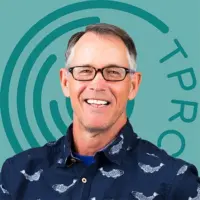
Paul Tucker
CEO
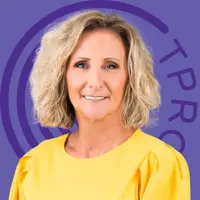
Dana Stratton
Executive Director
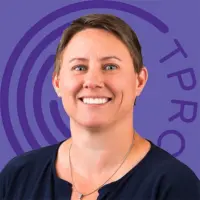
Alaina Goff
Operations & Residential Director
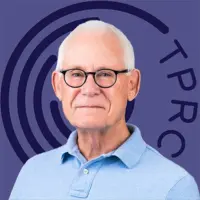
Dr. J. Randle Adair, DO, PhD
Medical Director
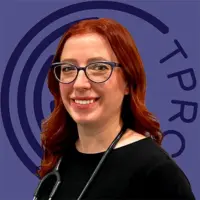
Lizzy Aronson, CNP
Nurse Practitioner
Accreditations

The Joint Commission, formerly known as JCAHO, is a nonprofit organization that accredits rehab organizations and programs. Founded in 1951, the Joint Commision's mission is to improve the quality of patient care and demonstrating the quality of patient care.
Joint Commission Accreditation: Yes

State Licenses are permits issued by government agencies that allow rehab organizations to conduct business legally within a certain geographical area. Typically, the kind of program a rehab facility offers, along with its physical location, determines which licenses are required to operate legally.
State License: New Mexico
Contact Information
9201 Montgomery Boulevard
Building 5
Albuquerque, NM 87111
